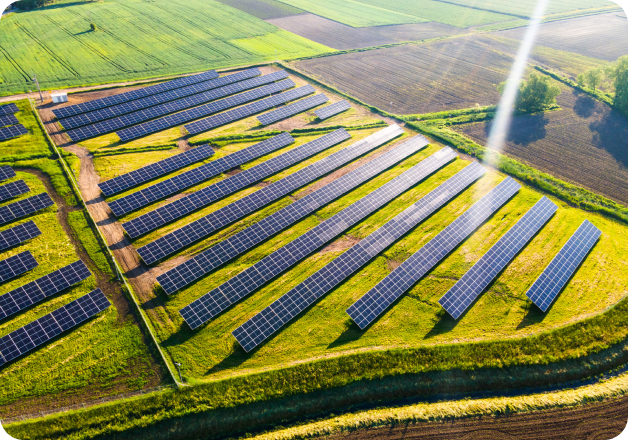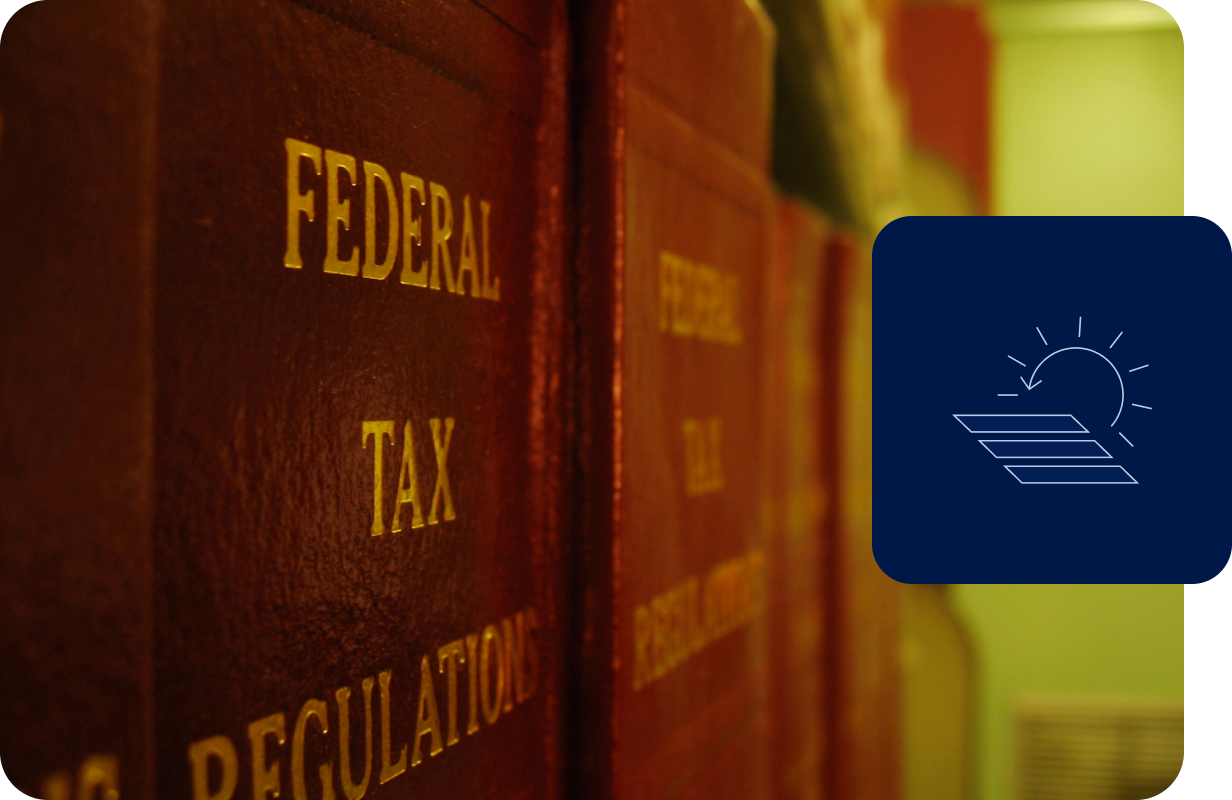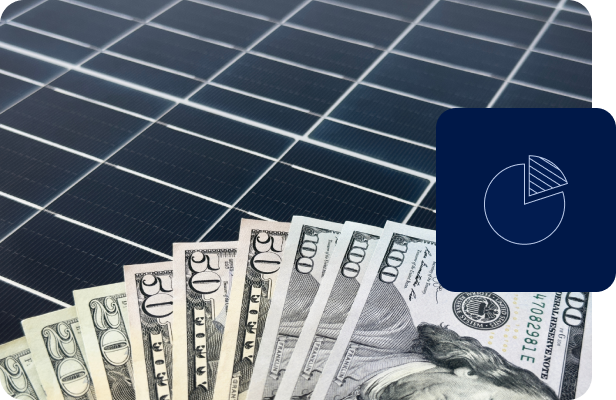Solar by state
Solar energy is one of the cleanest, most sustainable sources of energy available. By installing solar panels, homeowners can significantly reduce their carbon footprint, contribute to a greener future, and achieve energy independence. Solar also provides long-term savings on electricity bills and increases home value.

Solar More Affordable Than Ever

As of 2025, the cost of solar panels continues to decline, making solar energy more affordable than ever.
Over the last decade, solar prices have fallen dramatically, with the cost of solar systems dropping by about 90% since 2010. For a typical residential system, post-federal tax credits, homeowners can expect to pay an average of $20,000 for a 10 kW installation.
This is a significant reduction from previous years and highlights the growing affordability of solar energy. With these price drops, the return on investment for solar energy has improved, making it an increasingly attractive option for both residential and commercial properties.
Solar Benefits for All
Regardless of the state, installing solar panels can lead to:
Lower electricity bills
By generating your own electricity, you reduce reliance on the grid.
Energy independence
Solar power allows you to have more control over your energy source, especially during peak usage times.
Increased property value
Homes with solar installations tend to sell for more due to long-term energy savings.

Environmental benefits
Solar energy reduces greenhouse gas emissions, contributing to cleaner air and a healthier planet.
Breaking Down Solar Misconceptions

Myth
Solar panels are too complicated to install

Fact
Not at all! Professional installers handle everything, from permits to wiring, so you can sit back and enjoy clean energy.
Leave the hard work to the experts! See how easy going solar can be.





